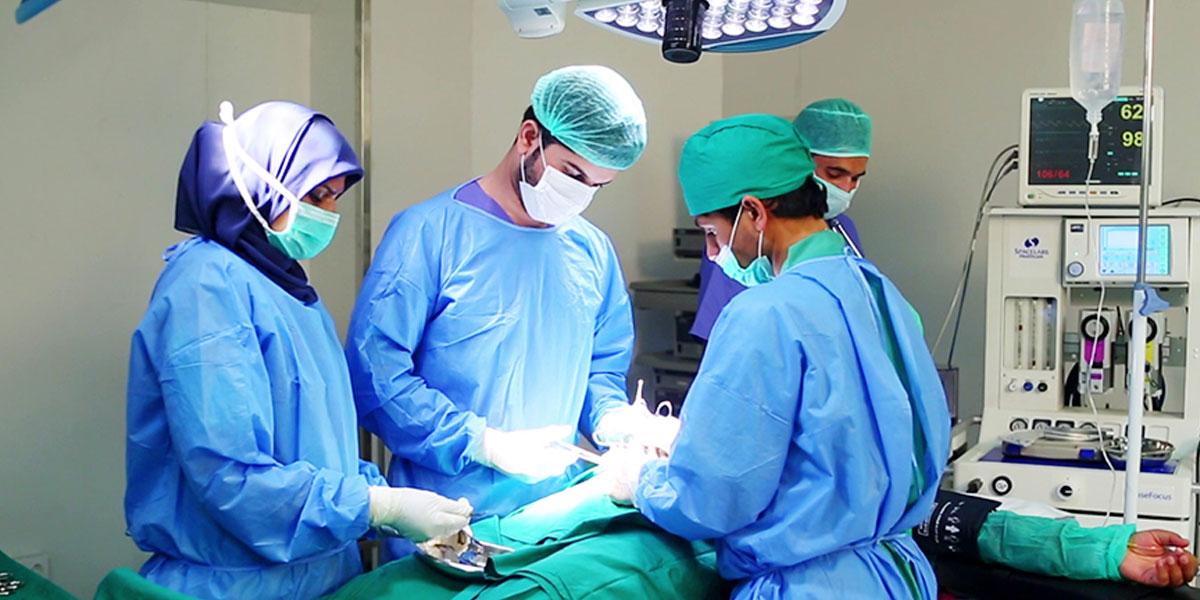
An Operation Theater Assistant (OTA) course prepares individuals to assist medical professionals during surgical procedures, focusing on maintaining a sterile environment, handling surgical instruments, and patient care before, during, and after surgery. Here are the detailed aspects of this course:
1. Course Types & Duration
- Certificate Course: Usually takes 6-12 months to complete.
- Diploma Course: Takes about 1-2 years; more comprehensive than a certificate program.
- Advanced Diploma: A longer and more detailed program that can take up to 2 years.
The choice of course depends on the depth of knowledge one wishes to gain and career goals. Many institutions offer these courses as full-time or part-time programs.
2. Eligibility Criteria
- Educational Qualification: Completion of 10+2 with a science background (Physics, Chemistry, Biology) is often required.
- Minimum Age: Typically, candidates should be 17 years or older.
- Additional Requirements: Some institutions may conduct entrance tests or interviews as part of the selection process.
3. Course Curriculum
The OTA course curriculum is designed to provide both theoretical knowledge and practical skills necessary for working in an operation theater. Key topics include:
- Introduction to Operation Theater Technology: Overview of the OT environment, role of an OTA, and surgical procedures.
- Anatomy and Physiology: Basic understanding of the human body to assist effectively during surgical procedures.
- Sterilization Techniques: Procedures for sterilizing surgical instruments and maintaining a sterile environment.
- Surgical Instruments: Identification, use, and care of various instruments used in surgeries.
- Patient Positioning and Handling: Pre-operative and post-operative care, patient positioning on the operating table.
- Anesthesia Technology: Basic understanding of anesthesia types and methods to assist anesthetists.
- Infection Control: Guidelines for maintaining hygiene, including use of personal protective equipment (PPE).
- Medical Ethics and Communication: Emphasizing confidentiality, ethical patient care, and teamwork in the OT.
These courses combine classroom learning with practical experience, often including internships or clinical rotations in hospitals to provide hands-on training.
4. Skills Developed
- Attention to Detail: Essential for maintaining cleanliness and properly handling instruments.
- Technical Knowledge: Understanding how to operate and troubleshoot OT equipment.
- Communication Skills: Clear communication with surgeons, nurses, and other medical staff to ensure smooth operation flow.
- Patient Care: Proper handling and care of patients during preoperative, intraoperative, and postoperative phases.
5. Career Prospects
After completing the course, graduates can work in:
- Hospitals (both private and government)
- Surgical Centers
- Nursing Homes
- Maternity Hospitals
Job Roles include:
- Operation Theater Assistant/Technician
- Surgical Technologist
- Anesthesia Technician
- OT In-charge (with experience)
6. Salary Expectations
- The starting salary for an OTA can range from INR 15,000 to INR 30,000 per month, depending on the type of institution and location.
- With experience, salaries can increase, especially in specialized surgical hospitals or private healthcare facilities.
7. Top Institutes Offering OTA Course in India
- All India Institute of Medical Sciences (AIIMS), New Delhi
- Tata Memorial Hospital, Mumbai
- Christian Medical College (CMC), Vellore
- Apollo MedSkills
- St. John’s Medical College, Bangalore
These institutes are known for providing quality education and hands-on training in the field of operation theater technology.
8. Certification & Licensing
- Some states or institutions might require additional certification for practice, especially if the role involves handling advanced surgical instruments.
- Professional Certifications from recognized bodies can enhance job prospects and credibility.
Summary
The OTA course is ideal for those who wish to support the surgical team in a dynamic and critical environment. It offers a rewarding career path for those with a keen interest in healthcare and surgery. Graduates of this program play a crucial role in ensuring that surgical procedures are carried out smoothly and safely.
